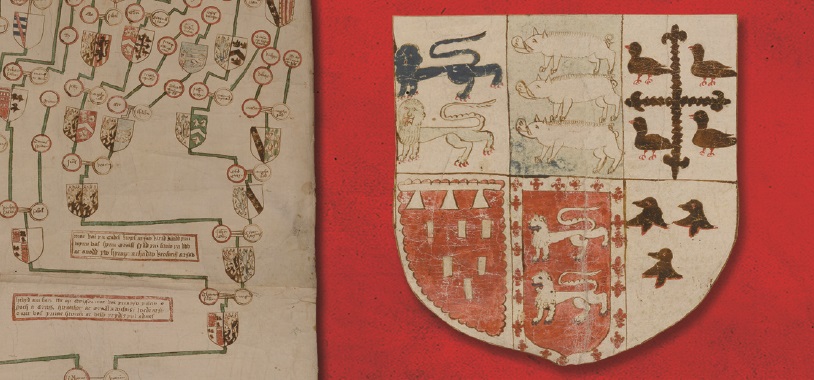by A.D. Carr, author of The Gentry of North Wales in the Later Middle Ages
In the later Middle Ages, landownership in Wales was transformed from a pattern based on the rights and interests of the kindred to one of individual proprietorship. This was the background to the emergence of the landed gentry. The present study examines this transformation and considers the growth of the Welsh political nation after the Edwardian conquest, especially in north Wales. Wales has very often been treated by historians as a single region, but this has sometimes tended to ignore the very real variations between different parts of the country, as between Anglesey and Glamorgan for example. For this reason, the study concentrates on north Wales and looks at such topics as the holding of office, service, wealth and the accumulation of land, cultural patronage, lifestyles, politics and marriage patterns. It concludes with a discussion of the period between the Glyn Dŵr revolt and the first Act of Union. The book traces the origins of the class that came to dominate social and political life in Wales until the nineteenth century, when industrialisation, radical politics, religious nonconformity and agricultural depression came together to transform the social and political landscape.
A. D. Carr was Professor of Medieval Welsh History at Bangor University until his retirement and has published extensively in this field.
If you would like to buy The Gentry of North Wales in the Later Middle Ages, please follow this link: http://www.uwp.co.uk/book/the-gentry-of-north-wales-in-the-later-middle-ages-paperback/


